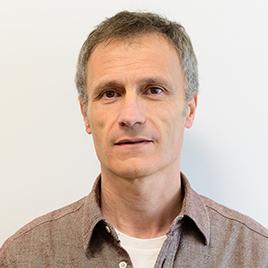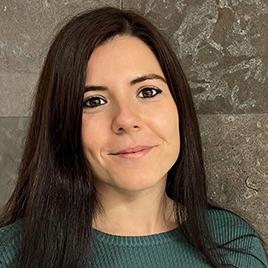Objectives and competences
KNOWLEDGE: to know the mechanisms of evolution and the recent methodologies to infer evolutionary relationships between organisms. To know the structure and the physiology of several animal biological systems
UNDERSTANDING: to understand the mechanisms of evolution, including the molecular level approach. To understand the mechanisms of cell signalling and communication. To understand how sensory receptor cells convert environmental stimuli into the electrochemical signals of nervous system. To understand the physiology of important animal biological systems such as nervous system, muscle contraction and human nutrition and digestion.
APPLICATION: to use the acquired knowledge to explain the daily life natural phenomena
ANALYSIS: to integrate the different knowledge and to relate the different levels of the biological organisation/hierarchy
EVALUATION: to distinguish and differentiate the different functional properties of the different biological systems
Teaching Methodologies
Theoretical classes and practical sessions. The practical sessions take place in the laboratory having experimental protocols for guidance. The students have the opportunity to observe and verify the phenomena explained in the theoretical classes following the analysis of the data. Most of the practical work is related to the subjects taught in the theoretical classes.
Syllabus
Lectures
Biology: Science of life, Characteristics of life. The evolutionary process: the mechanisms of evolution, the Hardy-Weinberg equilibrium, evolutionary agents, variation within the human populations, molecular evolution. Biological systems: cell signalling and communication, nervous impulse (nervous system, resting potential, action potencial, synaptic integration), sensory systems (olfaction, gustation, light detection), effector systems (muscle contraction), digestion and animal nutrition.
Practicals
- Population genetics and natural selection.
- Water potential determination
- Microscopy.
- The plant: the stem, leaf and root of monocot and dicot. Primary and secondary growth.
- Animal tissues: structure and function. Epithelial, connective, muscle and nervous tissues. Observation of definitive preparations and identification of epithelial tissues.
- Digestion: the action of the salivar amilase and pancreatic lipase






